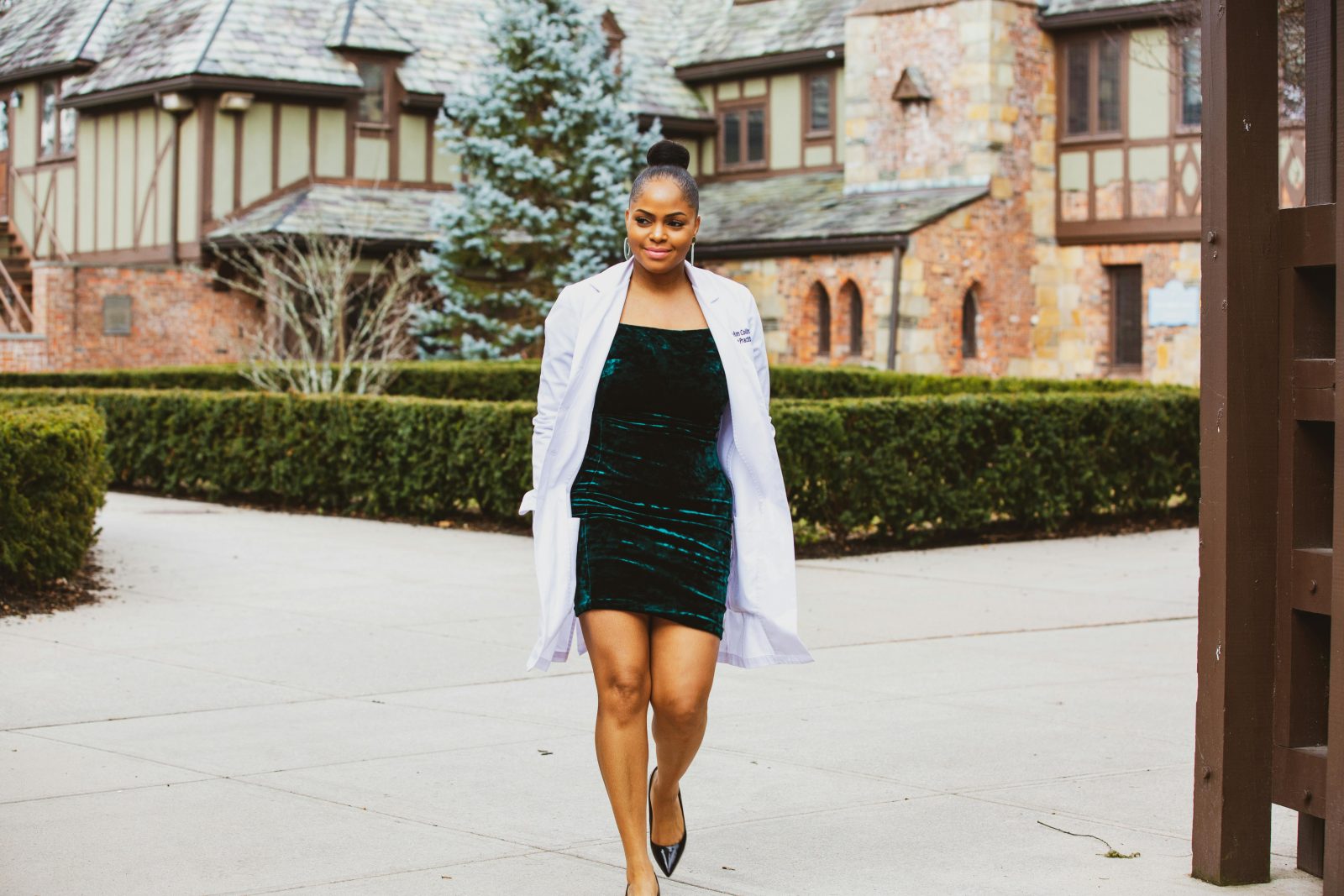- News
Sweet 16! Engen Rocks as SA’s Coolest Petrol Station
October 24, 2025- Entertainment
- Health & Beauty
- Tech
HUAWEI WATCH GT 6 Pro is the best smartwatch to own in 2025
October 23, 2025HUAWEI Pura 80 Series arrives in South Africa
August 6, 2025Ring introduces the high-resolution Outdoor Cam Plus
June 20, 2025- Tourism
- News
Sweet 16! Engen Rocks as SA’s Coolest Petrol Station
October 24, 2025- Entertainment
- Health & Beauty
- Tech
HUAWEI WATCH GT 6 Pro is the best smartwatch to own in 2025
October 23, 2025HUAWEI Pura 80 Series arrives in South Africa
August 6, 2025Ring introduces the high-resolution Outdoor Cam Plus
June 20, 2025- Tourism
 Health & Beauty
Health & BeautyExpert Explains Why Tummy Tucks Are Empowering More Black South African Women
2 Mins read526Once regarded as a luxury for celebrities or something whispered about in private, tummy tucks are now stepping into the spotlight. For many South African women – particularly Black African women – they’ve become a tool of empowerment, helping reclaim confidence, comfort, and body autonomy.
At the forefront of this movement is Professor Chrysis Sofianos, one of South Africa’s most respected aesthetic and reconstructive surgeons, known for his advanced body contouring techniques and natural-looking results.
“Cosmetic surgery is less about vanity and more about feeling at home in your own skin again,” says Sofianos. “It’s an investment in self-worth, confidence, and acceptance. Tummy tucks, especially after pregnancy or major weight loss, are one of the most powerful ways to restore both body and spirit.”
What a Tummy Tuck Really Is
A tummy tuck, or abdominoplasty, involves removing excess skin and fat from the abdomen and tightening weakened or separated muscles. The result? A smoother, firmer midsection that often improves posture and core strength too.
The two main approaches are:
- Mini tummy tuck: For mild skin laxity below the belly button, requiring a smaller incision and faster recovery.
- Full tummy tuck: For excess skin across the abdomen, often paired with muscle repair and natural belly button repositioning.
In most cases, surgeons combine tummy tucks with targeted liposuction to sculpt the waist and flanks for a balanced, contoured silhouette.
Who Benefits Most?
Tummy tucks are not weight-loss procedures. Instead, they target stretched, sagging skin that diet and exercise cannot fix. They’re especially beneficial for:
- Women post-pregnancy dealing with abdominal separation or loose skin.
- Individuals who have lost significant weight.
- Those with genetic skin laxity or stubborn belly fat.
- Anyone wanting a firmer waistline despite active lifestyles.
“No cream, exercise, or diet can reverse severely stretched skin,” Sofianos stresses. “In these cases, surgery is the only definitive solution.”
Breaking Myths Around Black Women and Cosmetic Surgery
Despite growing acceptance, myths still linger:
- “Black women don’t get cosmetic surgery.” – False. More African women, especially professionals and mothers, are turning to aesthetic procedures as part of their self-care journey.
- “Surgery is about Western beauty ideals.” – Outdated. Today’s patients are not conforming but restoring and celebrating their own features.
- “It’s unsafe for Black skin.” – While keloid scarring is a risk, experienced surgeons like Sofianos tailor techniques to diverse skin types, ensuring safe, successful outcomes.
“The key is respecting unique physiology,” he explains. “Every patient deserves a customised approach.”

A Public Figure Rewrites the Narrative
Reality star and entrepreneur Nozipho Ntshangase from The Mommy Club is among Sofianos’ high-profile patients. After giving birth to five children, she chose to undergo a tummy tuck as part of a “mommy makeover.”
“After my last three children, I struggled to love my body,” she shared. “Despite staying active, my confidence dipped. I finally decided to invest in both my outer and inner self.”
Her openness has sparked new conversations nationwide, encouraging women to take ownership of their bodies without shame or stigma.
“Nozipho is dismantling the myth that cosmetic surgery is selfish,” says Sofianos. “Sometimes self-care means rest. Other times, it means surgery.”
The Bigger Picture
For Sofianos, tummy tucks are not about chasing perfection but about progress, self-acceptance, and empowerment. With safe, tailored techniques and growing awareness, more South African women are stepping confidently into this option – reshaping not just their bodies, but how society views body autonomy.

Categories
Recent Posts
South African Fashion Takes Centre Stage at AFI Harvest Table
November 13, 2025DStv Launches Thol-iUpsize Campaign to Reward Decoder Customers
November 11, 2025Feather Awards 17: A Night to ‘Pause, Look and Listen to Your Heart’
November 11, 2025Related Articles
Celebrating NIVEA’s Blue Tin — 100 Years of a Skincare Icon
It began in Hamburg, Germany — a simple idea that grew into...
October 29, 20255 Things We Love About Miss South Africa 2025, Qhawekazi Mazaleni
By Temo Mpodi Every year, thousands of South African women step forward...
October 29, 2025NIVEA Elevates Suncare Routines This Season
By Temo Mpodi It was a radiant day in Cape Town as...
October 15, 2025NIVEA hosts a Glamorous Cape Town Celebration of Summer Skincare Sun, Style, and Skincare: NIVEA Elevates Suncare Routines This Season
NIVEA, the world’s No.1 skincare brand, reimagined the future of sun protection...
October 14, 2025
Subscribe To Our Newsletter
Join our mailing list to receive the latest news on what's trending in the world of travel, beauty, fashion, tech, finances and more.
You have Successfully Subscribed!
- Entertainment
- Entertainment






























